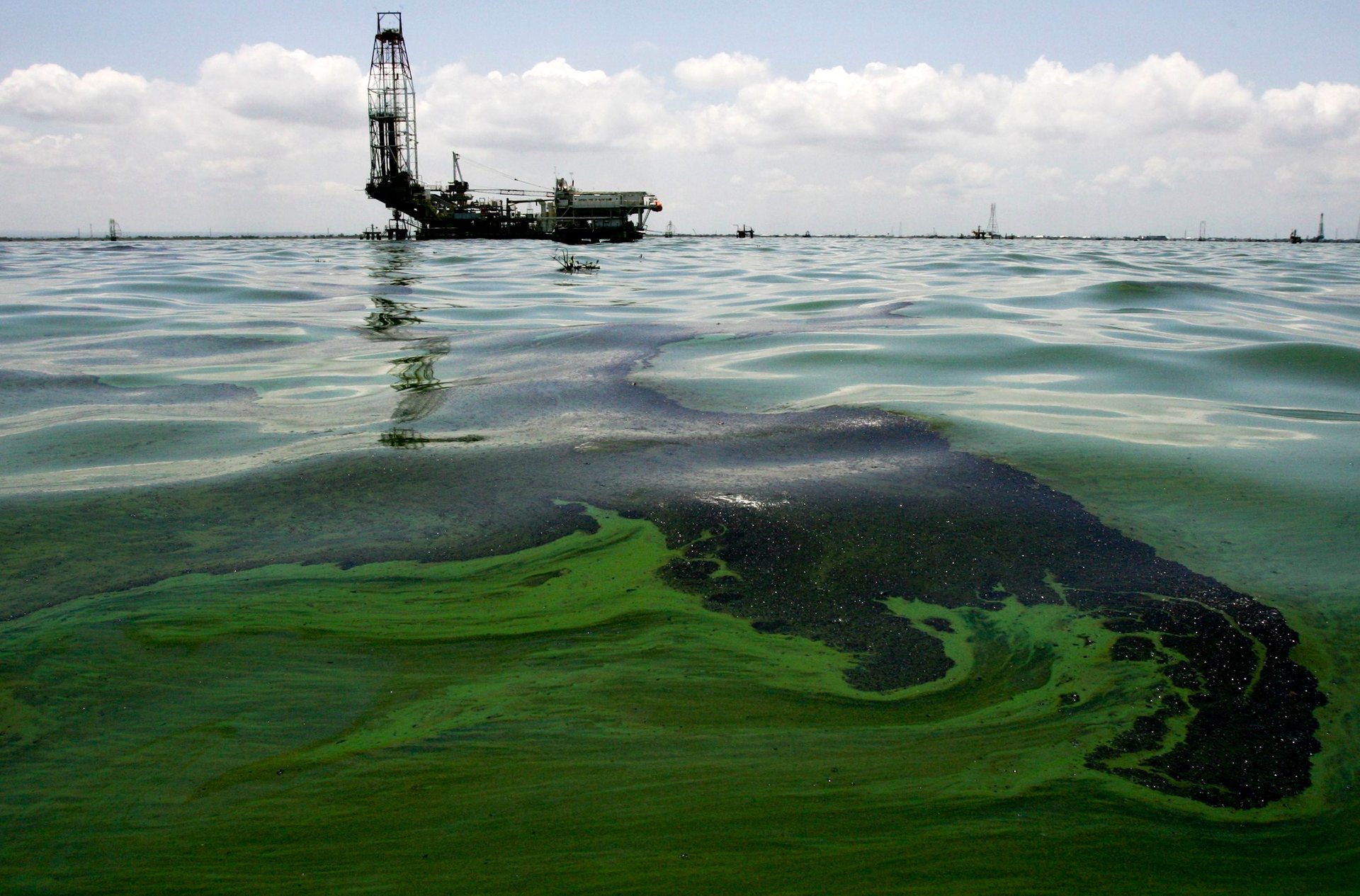Oil’s collapse just achieved some of the big things environmentalists had been hoping for
For anyone who wants to see fewer fossil fuels drilled, mined and burned, lower oil prices have set in motion a series of knock-on effects that could do just that.


For anyone who wants to see fewer fossil fuels drilled, mined and burned, lower oil prices have set in motion a series of knock-on effects that could do just that.
But here’s the rub. Cheaper oil is also much, much easier to burn. And that could have the opposite effect.
On the one hand:
– Cheaper oil could derail plans to drill in the Arctic. Exploring for oil in one of the earth’s harshest climates only makes sense if the commodity commands a very high price. Statoil and others, which had been pushing hard for Arctic drilling rights, are pulling back.
– Deep water drilling is another expensive business that can wreak environmental havoc. The future of some deep water projects is hazy.
– Legislation aimed at limiting climate change has already led to warnings of potential “stranded assets”—oil fields, mine and other assets that may be impossible to monetize. Falling oil prices have added more zombies to the list.
– Hydrofracking in Europe has been confronted with more protest and had less success than in America. Shale gas and oil exploration could become completely uneconomical if oil gets too cheap, and if gas prices follow suit. True, the costs of fracking are falling, but Europe still needs to make major investments in equipment and court drillers, and that could be delayed now that oil majors are hurting so much.
On the other hand:
– Cheap oil means we’ll be burning more coal. Plentiful gas and oil already led to a collapse in coal prices. This means anyone with a coal-fired power station has incentives to keep it working at full capacity. Cheaper oil perpetuates this dynamic, and it won’t change until coal plants are decommissioned or the commodity runs scarce.
– Driving gasoline-powered vehicles could increase. There’s already evidence that people are buying fewer electric cars.
– Airlines have less incentive to fly fuel-efficient jets.
– Expensive renewable energy projects got slammed by the financial crisis, and oil could make it a double whammy. No-one is quite sure how exposed renewables are to oil prices. Most renewable sources, like solar and wind, create electricity, while oil is used mostly as a transport fuel, so the two aren’t competing over exactly the same market. And renewables are also cushioned by government subsidy. But an overall downturn in energy prices could still have negative impact as renewables become more expensive relative to fossil fuels.
Few saw a fall in oil prices coming so fast, or hitting so hard. Production cuts or a crisis in one or other of the producing countries could still see prices going up again. But for now, the rest of the energy economy will have to navigate around an oil price that’s more than half what many were predicting back in the summer.